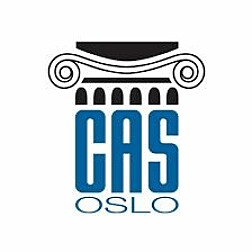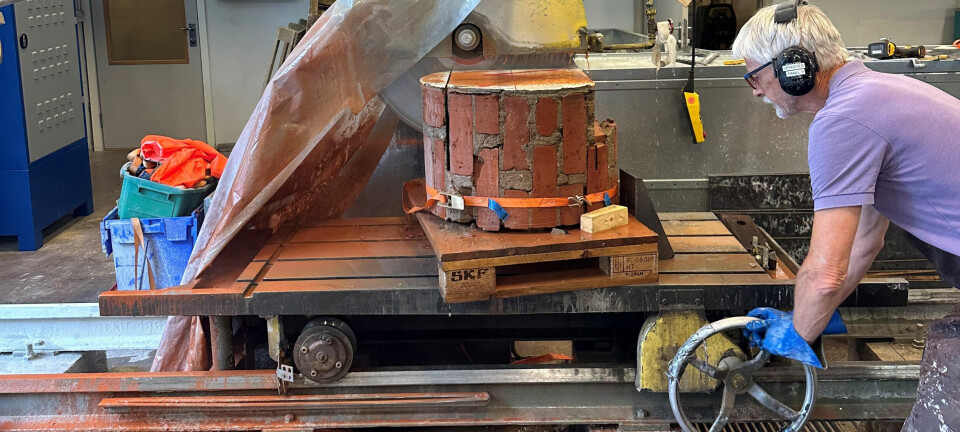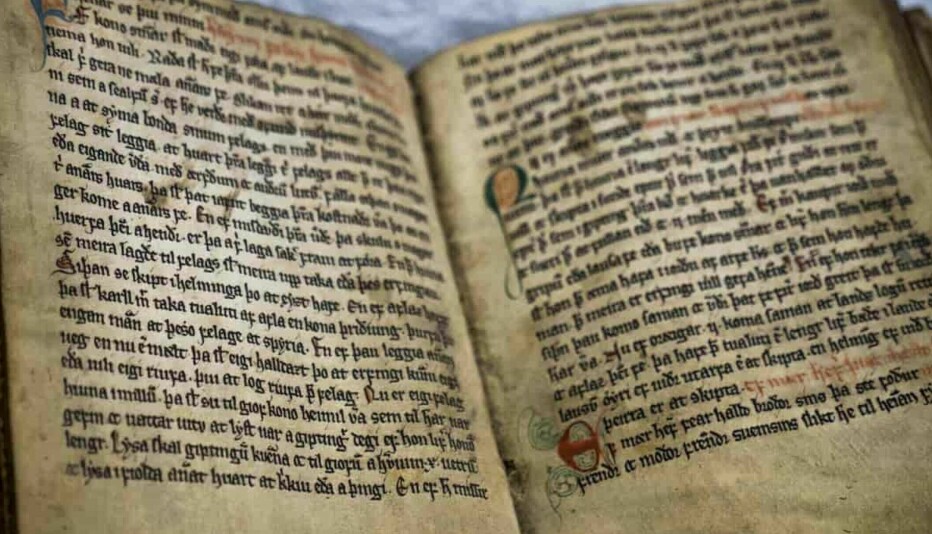THIS ARTICLE/PRESS RELEASE IS PAID FOR AND PRESENTED BY The Centre for Advanced Study (CAS) - read more
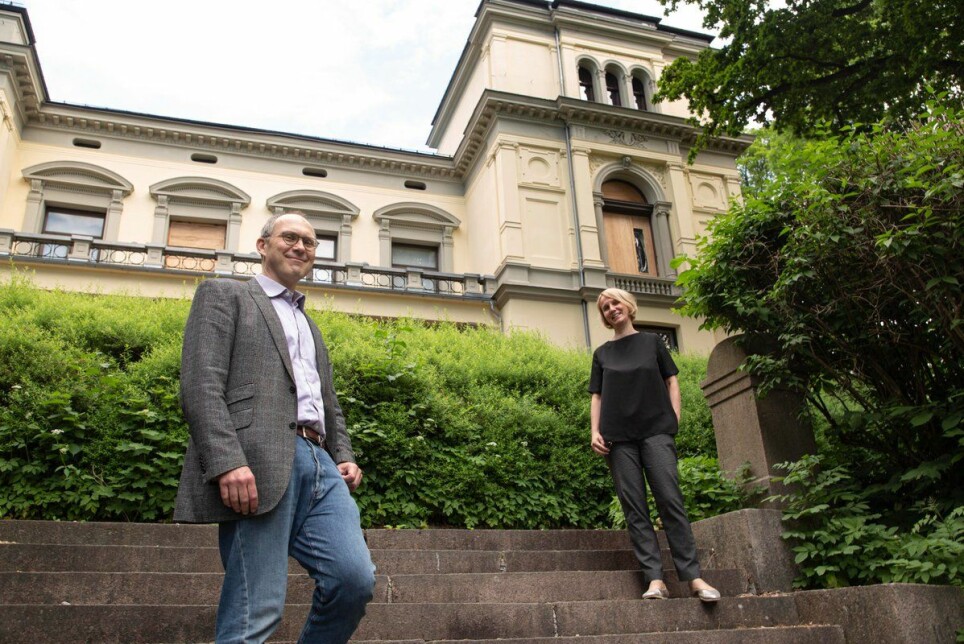
What is the role of morality, democracy and experts in policymaking?
Scholars at the Centre for Advanced Study (CAS) have pursued these and other important questions as part of a multidisciplinary research project.
The outcomes of political processes are decisive for the distribution of benefits and burdens in society, affecting the lives of all citizens. This makes the task of assessing policy decisions crucial, yet complex.
What is a good policy, and what needs to be in place to know what a good policy is?
This is one of the main questions in political philosophy and the starting point for the CAS research project What is Good Policy? Political Morality, Feasibility, and Democracy (GOODPOL), led by University of Oslo (UiO) scholars Cathrine Holst, professor of sociology, and Jakob Elster, associate professor of philosophy.
“There are some criteria that most scholars and people agree must be in place for a policy to be good,” Elster said. “For example, good policies should reflect what we believe to be right, be efficient and feasible, and be the result of democratic processes.”
However, there are tensions between these criteria, and these tensions raise many new questions.
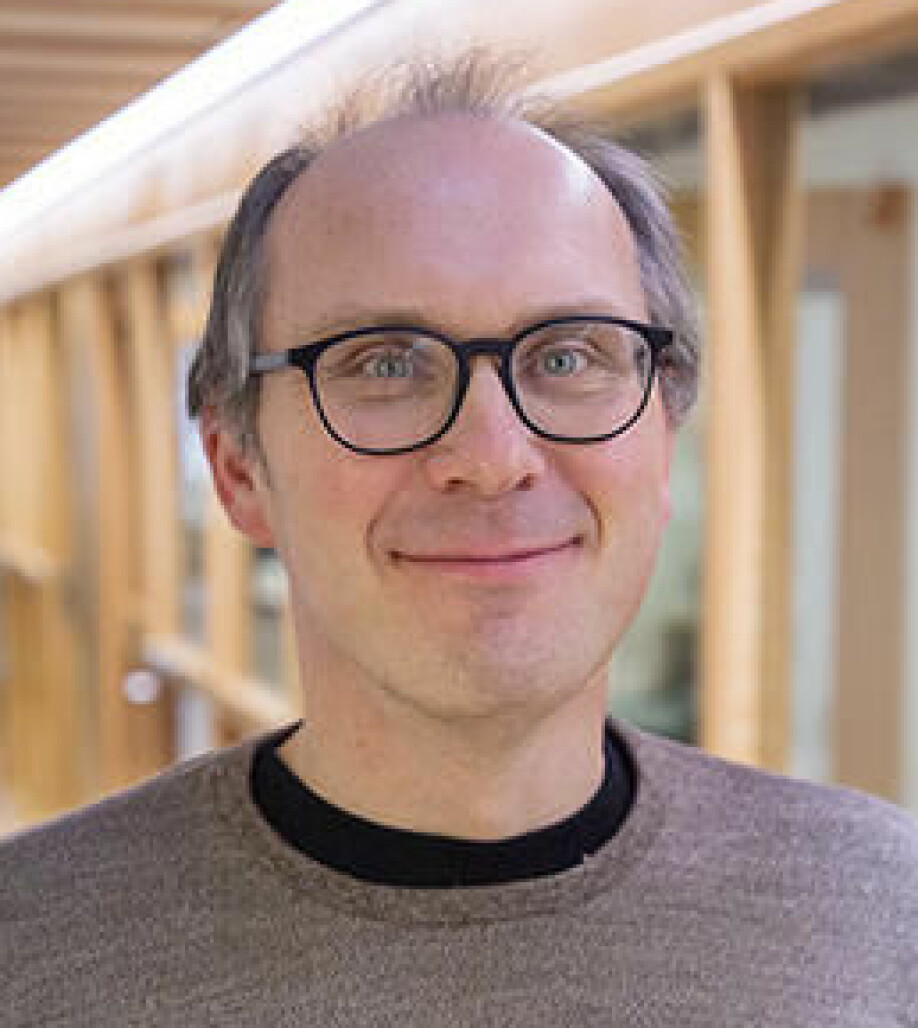
“In this project we have gathered social scientists, philosophers and legal experts to investigate questions that are related to the big and complex question of what a good policy is,” Holst said.
Some of the questions the project group has worked on are: Is there a trade-off between democracy and good policies? How can we operationalise political theory in practice? Does the use of experts in policymaking processes contradict democratic concerns? How can we deal with moral disagreement; can moral experts be a solution?
The question concerning the use of moral experts has been something that the project group became increasingly interested in during the year at CAS, and it introduces several new questions for political philosophers and social scientists to study.
We sat down with the two project leaders to hear more about their work at CAS this academic year.
Moral expertise
“A good policy decision must be built on moral views of what the right and good goals are and what are acceptable means to those ends,” Elster said. “Moral issues involve more fundamental disagreement than other issues, and there is no agreed-upon way of settling what the right answer is. How can we deal with that?”
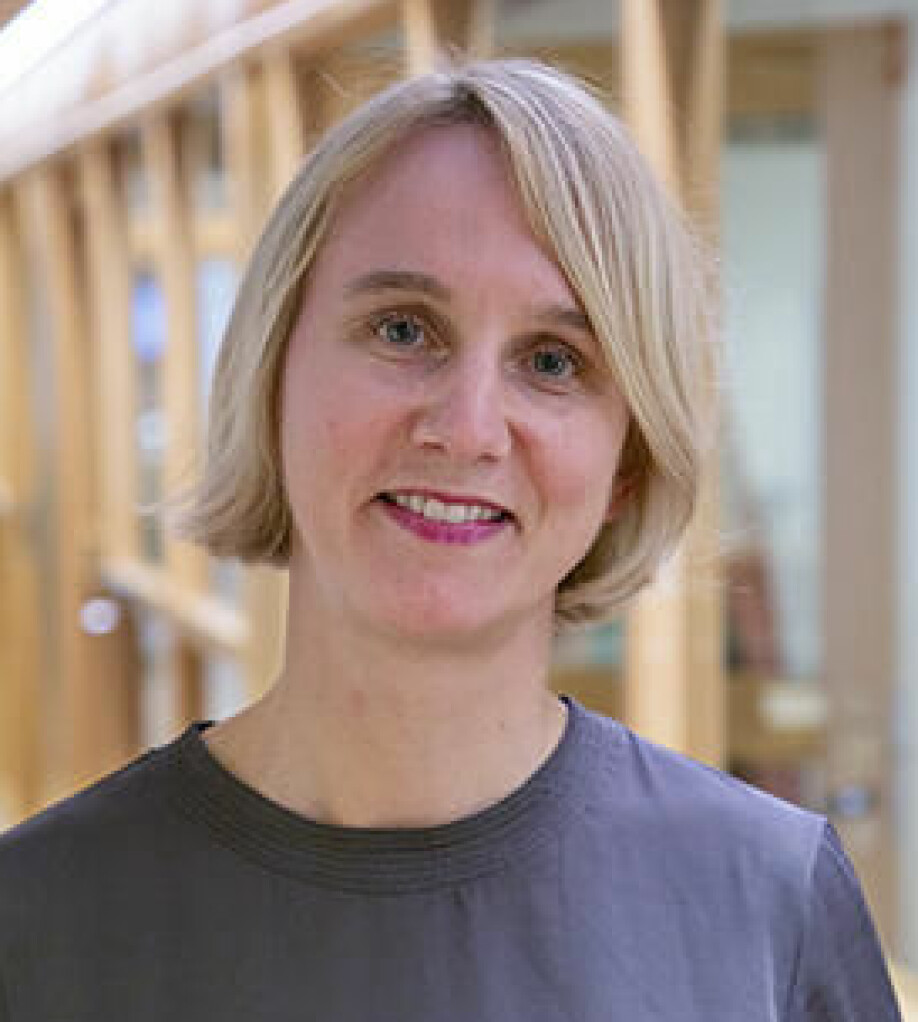
The project has studied the idea of moral experts and if moral expertise can be the answer to solve moral disagreement.
“Most people and scholars think it’s OK to use experts when it comes to technical issues — as long as they don’t touch political and moral issues, because our elected representatives should deal with those,” Elster said. “Introducing moral experts would challenge this stand.”
The introduction of moral experts also introduces several new concerns.
“Does moral expertise exist?” Holst asked. “What are the criteria for being a moral expert, and what qualifications should that person have?”
“What an expert is is easier to define with respect to technical issues,” Elster said. “For example, if you want to build a bridge, an engineer with successful experiences in building bridges would be considered an expert in the field, and it is possible even for non-experts to identify the experts simply by observing which engineers build bridges that don’t collapse. However, since we don’t have an observable success criterion for moral issues in the same way as in many technical issues, it’s hard to identify moral experts.”
The two scholars are working on a special issue on moral experts.
The need for and use of moral experts
Today experts are asked to answer many different types of questions in policymaking processes.
“In our political systems we already have experts that can be thought of as a type of moral experts, such as the philosophers on the Norwegian Biotechnology Advisory Board,” Holst said. “The experts that we consider technical experts are often also given a mandate to say something about what is right and just to do. For example, in climate policy recommendation processes the experts are often asked both what climate policy is most efficient and what climate policy is the right policy.”
The coronavirus pandemic has given the project group plenty of new material to study.
“The pandemic has brought with it not only technical questions, such as 'Do the vaccines work?' but also moral questions, such as 'How should the vaccines be distributed?'” Holst said. “The corona crisis has also raised questions about the distribution of goods and burdens, calculations of risk and trade-offs between security and freedom.”
“Some of these questions are so difficult to answer that it may be necessary to involve moral experts,” Elster said. “In the pandemic we have seen several examples of that. One of our project participants, Eli Feiring, was part of the Norwegian Institute of Public Health’s expert group on ethics and priority setting.”
“These kinds of moral questions are not exclusive to crises,” added Holst. “They are present in politics at all times. During the pandemic, they have become more visible and pressing for many people.”
A more reality-based political philosophy
Elster and Holst’s project consists of a multidisciplinary research group, and the year at CAS has allowed for a type of collaboration between social scientists and political theorists that is rarely seen in academia.
“An important function of this project is to initiate conversations between academic fields,” Holst said. “On the one hand, social and political scientists are interested in policy analysis and rarely have the time to take a step back and think through what idea of good democracy and politics is used as a basis. On the other hand, applied ethics have a long way to go to actually be applied.”
Multidisciplinary collaboration is also necessary in order to investigate what good policymaking entails, the project leaders argue.
“Should we make a political theory that says something about how society should be organised assuming that people follow the rules?” Elster said. “Or should we take the actual world, where many people do not behave as morally as they should, as a starting point? Someone would say the latter, since political theory would otherwise be irrelevant for our world, but the task of political theory is also to criticise society as it is, and its critical force may be weakened if it takes people’s lack of moral motivation as a given.”
Elster added, “The tension between being normative and being applicable to the real world will always be present in political theory. Part of the solution to this tension can be to separate between different types of questions. The question you pose has a meaning for how applicable to the world we should be.”
The project leaders also highlighted the importance of context.
“Much of political theory today takes the US and the UK as starting points,” Elster said. “So, even though it is presented as valid in general, it is built on specific societies. It’s therefore not a given that it will be applicable to the Nordic context. One way to make political theory more applicable is to make it context-specific.”
Many of GOODPOL’s project participants have previously worked on Nordic politics and policymaking processes.
“The Nordic countries are relatively successful democracies according to standard criteria,” Holst said. “We have tried to study what political philosophy can learn from the experimentation in societies with well-functioning institutions. By doing this we start with something concrete that works relatively well and then try to find ways to make it better guided by reflections from political theory. The usual way of doing political philosophy is to try to go from the abstract to the concrete, from armchair philosophy to the real world. We have tried to turn this the other way around to look at how to reform institutions that already are relatively well-functioning to make them even better to see if that can be an interesting way to proceed.”
A different year at CAS
The project leaders have had to adjust their group’s stay at CAS due to the pandemic restrictions. They have organised weekly seminars on Zoom to include scholars participating remotely and public digital seminars throughout the year.
“What we have missed the most is what cannot be planned: the spontaneous daily intellectual dialogue between scholars that can happen at CAS during normal circumstances,” Elster said. “But the things we have organised and planned have also been successful.”
Most of the international scholars involved in the project have not been able to travel to CAS, and have instead participated digitally. The group of scholars present at CAS has been small, but the work has been enriching.
“One good thing about this year that has been very different is that the scholars who have been present at the Centre have gotten to know each other very well and have collaborated closely,” Holst said. “We have also been able to include more Ph.D. and postdoctoral candidates in the project, and it has been a genuine enrichment to work with young researchers.”
The project group’s work during the pandemic has also been characterised by more continuity.
“The work in the group has been more continuous because the group participants have been able to participate actively during the whole year,” Elster said. “Some of the scholars who were supposed to join the project at CAS for some months have participated digitally throughout the year. And the scholars who were able to come to the Centre have stayed for longer periods of time.”
Work in progress and future plans
The project leaders have several plans for the project in the coming year, as CAS extended the timeframe for the 2020/2021 projects.
“We are planning to fly in international guest scholars and organise seminars and workshops as soon as it’s possible,” Elster said.
The group is also working on different publications based on their work at CAS this academic year.
“We are working on a special issue on moral expertise that will include contributions from several scholars who have participated in the project,” Holst said. “We are also working together with project participant Robert Huseby on a methodology book in political theory on how to deal with the question 'What is a good policy?' that takes both philosophic and social scientific methods into account.”
See more content from The Centre for Advanced Study:
-
Electrons, laser pulses and the properties of matter
-
Dissecting the current debates on prehistoric migration
-
Politics, law and society in the High Middle Ages
-
Which parts of language are universal and present in signed and spoken languages, and which depend on the channel of communication?
-
Mother-to-child microbial transmission: important for human health and challenged by modern lifestyle
-
Understanding mathematical motives







